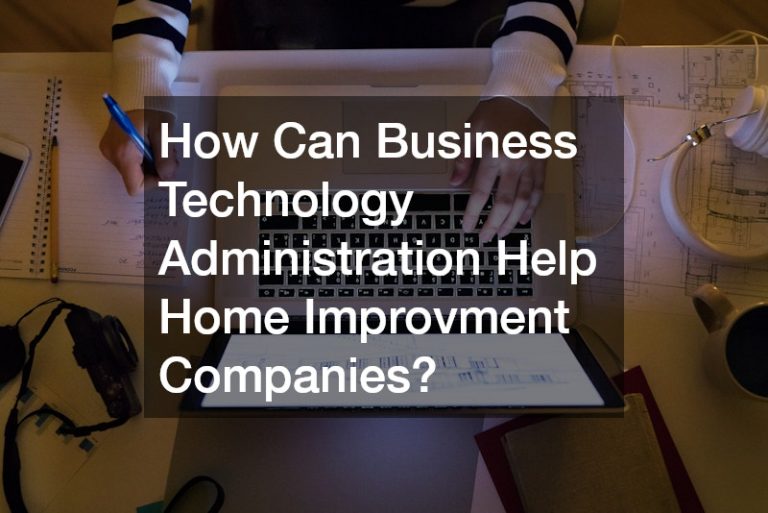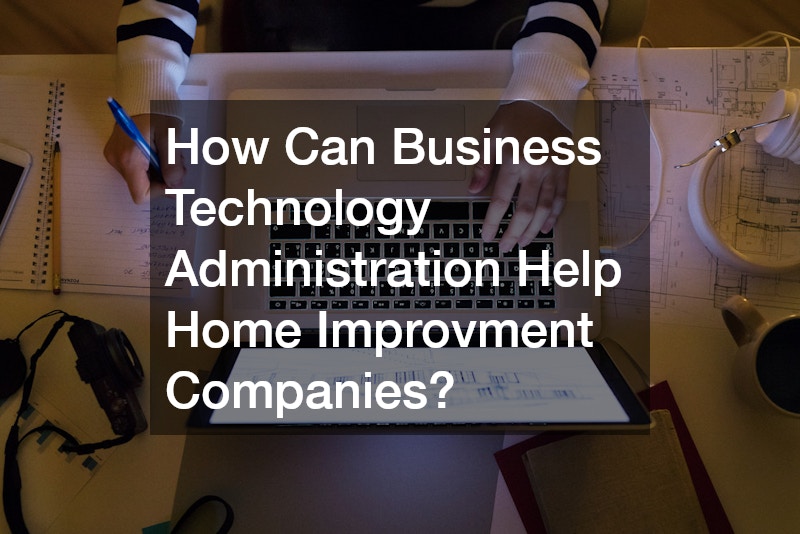All companies have a wide range of departments with different responsibilities. Four of the most important ones are sales and marketing, human resources, accounting, and production.
It is in these four where technology has played a prominent role. From customer resource management platforms like ClickUp and Salesforce to automated manufacturing solutions, their influence cannot be undermined.
Having said that, here are examples of how technology affects the major departments in an enterprise.
Sales and Marketing
The sales and marketing departments in an organization are two areas deeply intertwined. Without a proper advertising and marketing campaign, a company will not be able to generate sales. As a result, there will be no revenue or profit. There is no need for marketing if there isn’t a product or service for customers to purchase.
In the past, companies would often work with advertising agencies to come up with the best possible sales strategy. This included TV commercials, ads on print media such as magazines and newspapers, and giant billboards on train stations and airports.
Today, things have changed. Even though multinational organizations still use traditional marketing techniques, small and medium-sized businesses have gone differently. An example is customized surveying solutions that are just as effective but much more expeditious and affordable.
Human Resources
A great employee is one of the best resources any business can have. There are several reasons for this. First, he will contribute with his knowledge and expertise to help the company grow. Second, he will become a future leader within the organization, paying it forward for others. Finally, he serves as a useful marketing tool to attract other qualified staff.
But how can enterprises find one, let alone several of them? The answer to this question is unfortunately not as easy or straightforward as one would like. Even if you graduated from an Ivy League school like Harvard or Yale, this doesn’t guarantee that your career will be successful. On the other hand, some individuals without a university diploma but with the right motivation and a high intelligence level can do wonders.
Aside from educational background and experience, the key lies in identifying potential. It is one of the many advantages of AI in human resource management and recruitment. An intelligent system can evaluate not only the current state in which you are in but also the future development and the best possible career path for you to embark on.

Accounting
The term “cooking the books” represents engaging in illegal accounting practices to enhance a company’s financial standing. Nobody knows the exact origin of the expression. But almost everyone is aware of the word books.
The reason is quite obvious. In the past, people would manually write down numbers and track business transactions on books.
Of course, this is a decades-old system, and the concept of accounting software is nothing new. It originated more than 50 years ago. Yet, what companies have now at their disposal is far more advanced.
In today’s corporate environment, enterprises can use machine learning technologies and automation tools to make complex tasks much more accurate and efficient. The advent of cloud computing and big data provides firms with an incredible array of analytics and data management solutions, irrespective of industry.
Production
Imagine you work in an international car manufacturing company like Toyota, Mercedes Benz, or General Motors. Even if your headquarters are in Tokyo, Frankfurt, or Detroit, you will have factories and production facilities in developing nations like China, Mexico, and Brazil.
As a result, it is imperative to have the right personnel and machine management tools. If an assembly line robot breaks down and an engineer has to travel all the way from Japan to Brazil to fix it, this will incur a tremendous expense to the organization, both in time and the loss of production. Even if the engineer is based locally, the process is still quite slow.
Enter remote maintenance of operation systems, a highly-advanced, accessible tool for multinational corporations involved in car and appliance manufacturing. As long as you have a stable internet connection and the proper knowledge, you can fix a machine thousands of miles away in real-time. The result is not having to stop production at any moment in time.
Technology-based solutions in production also include AI control systems, material production with 3D printers, and software options like computer-aided design and computer numerical control.
Four technology trends in business involve the sales and marketing, human resources, accounting, and production departments. They continue making the running of their businesses easier for companies worldwide. Besides, they allow enterprises to save money and time on labor recruitment and management, business operations, and product development and maintenance.








